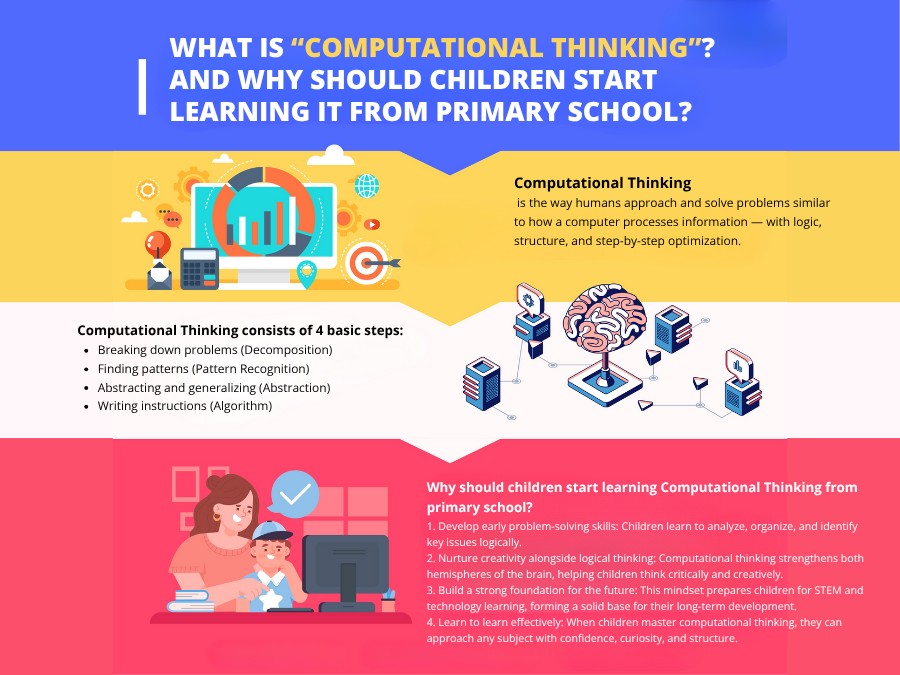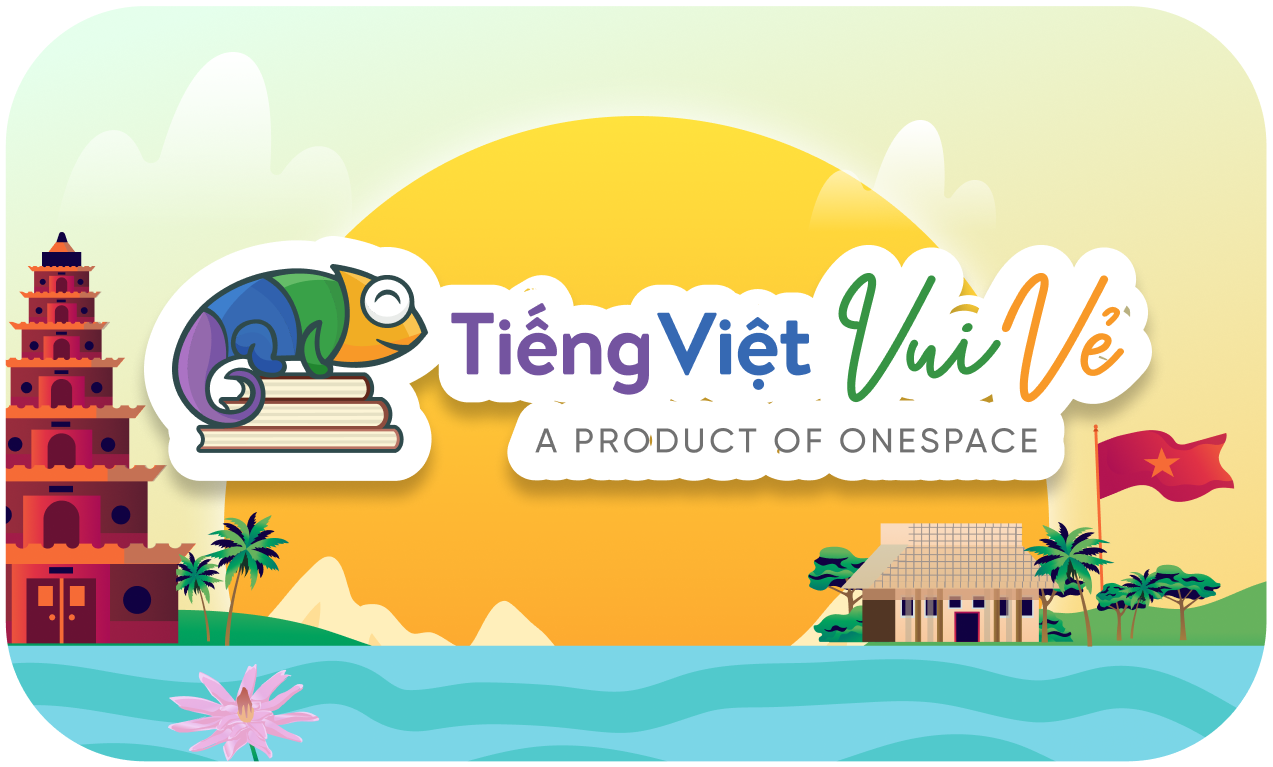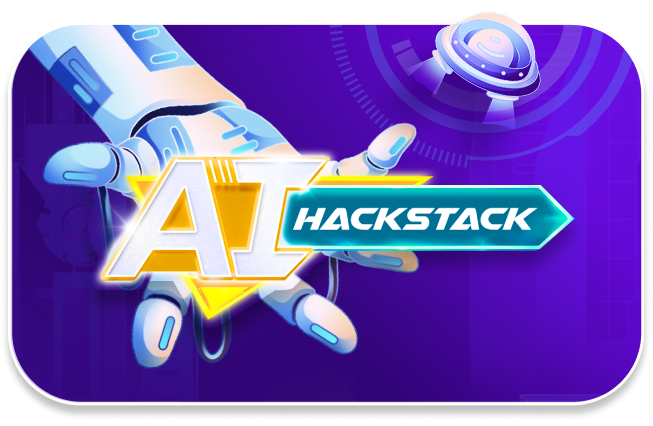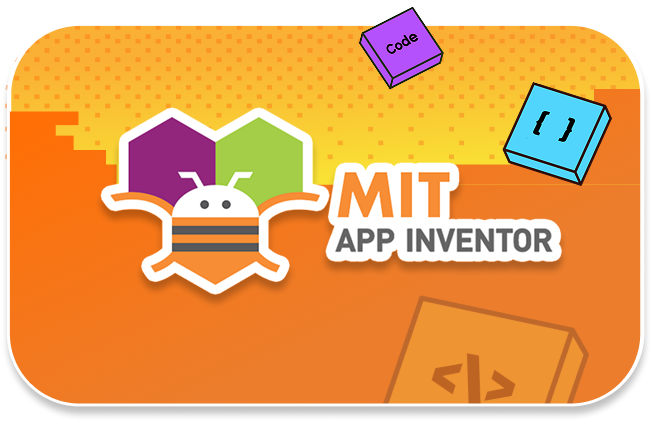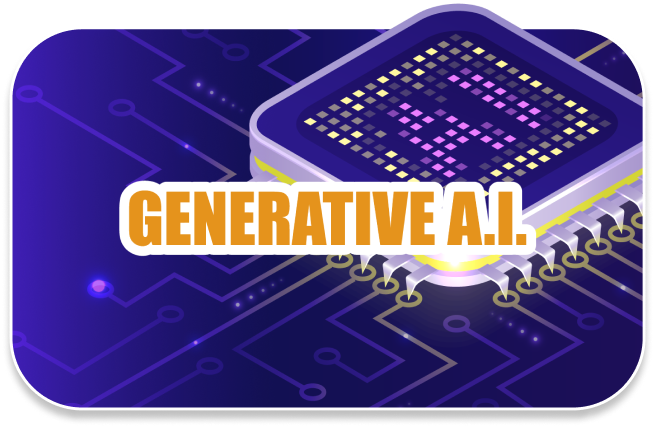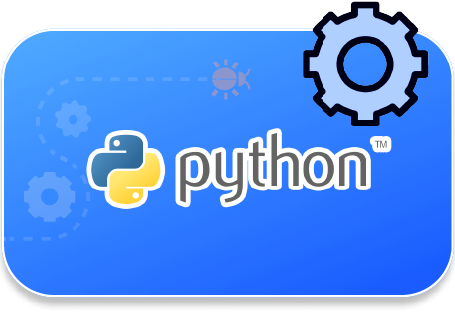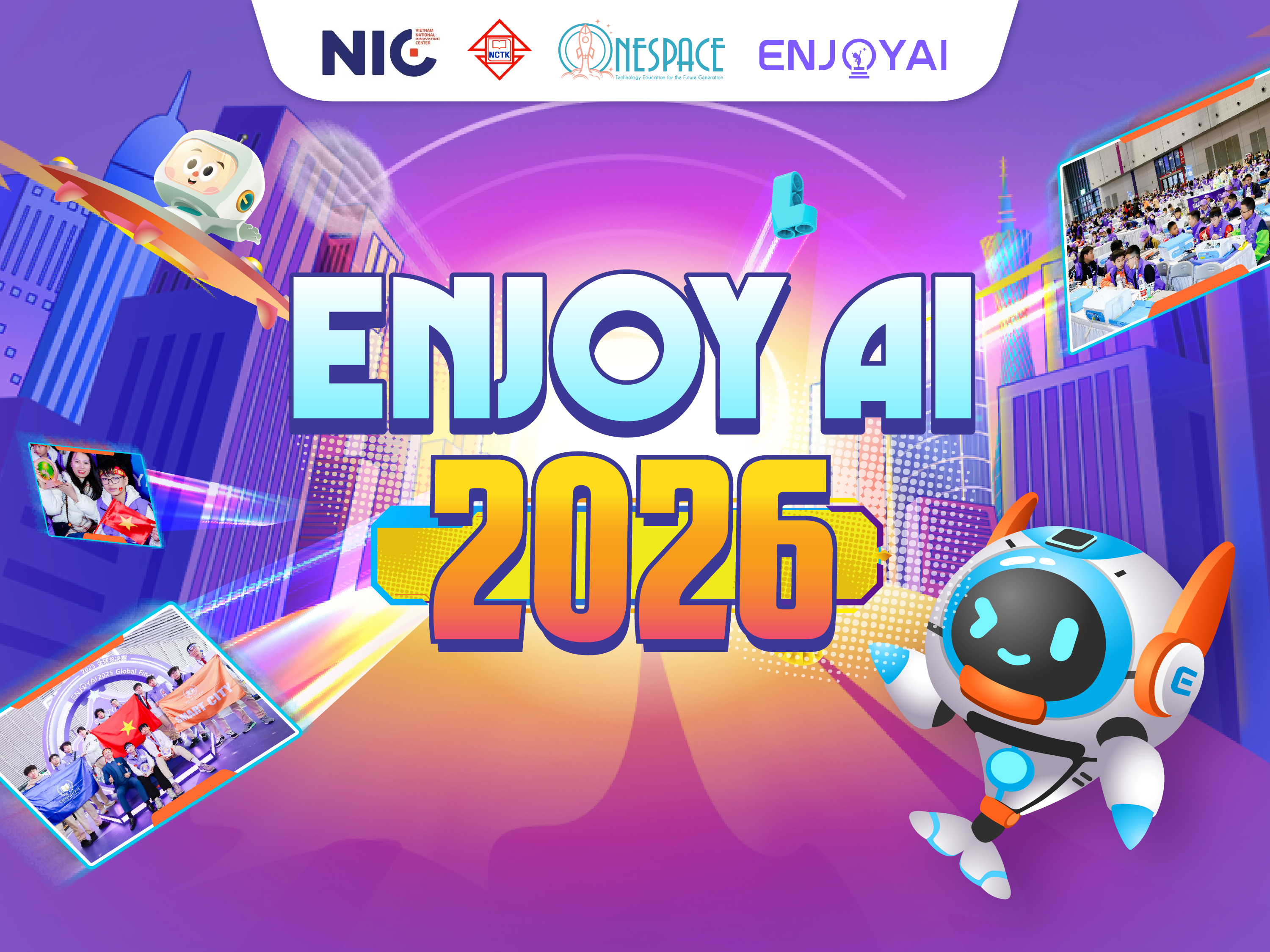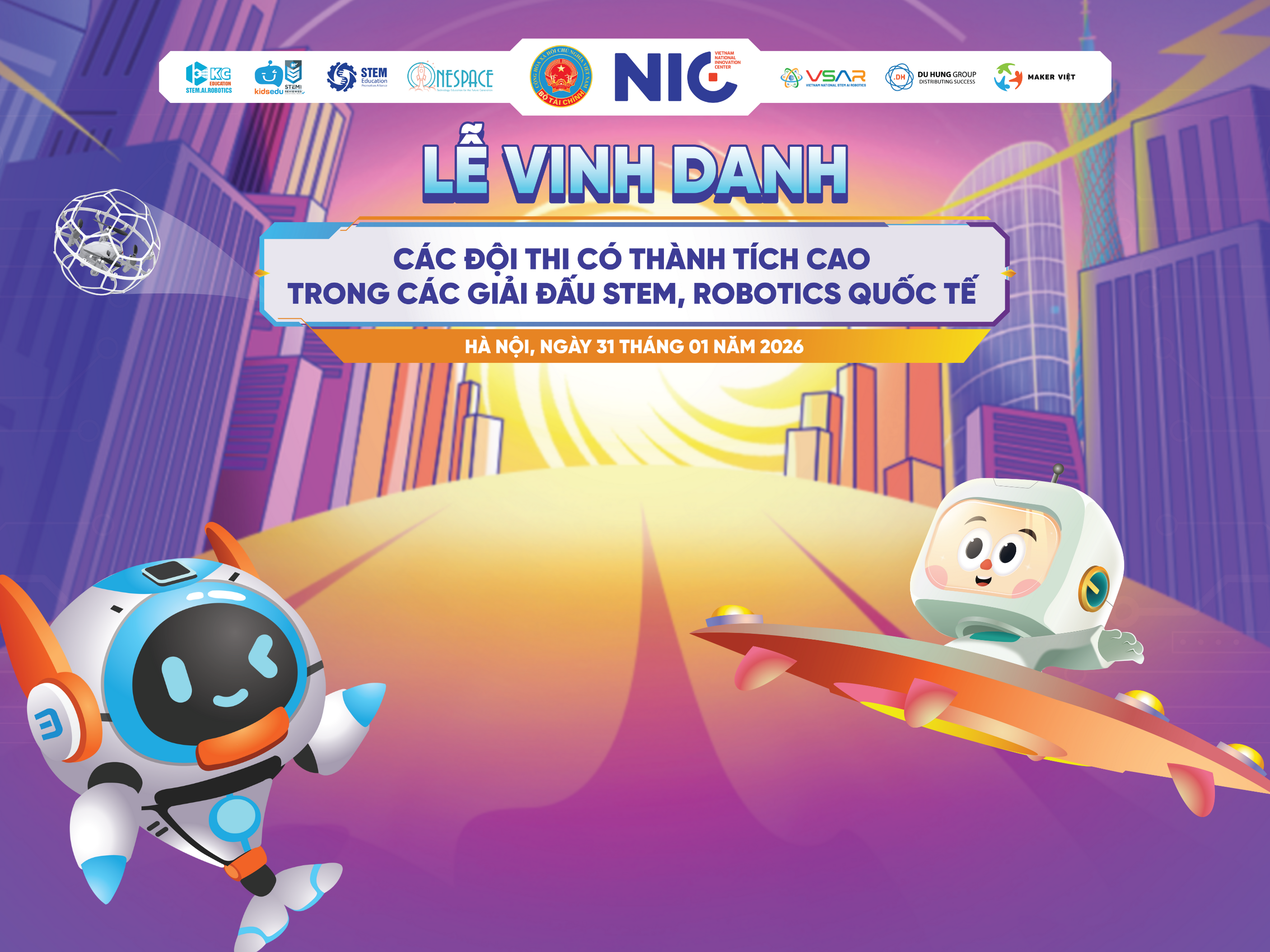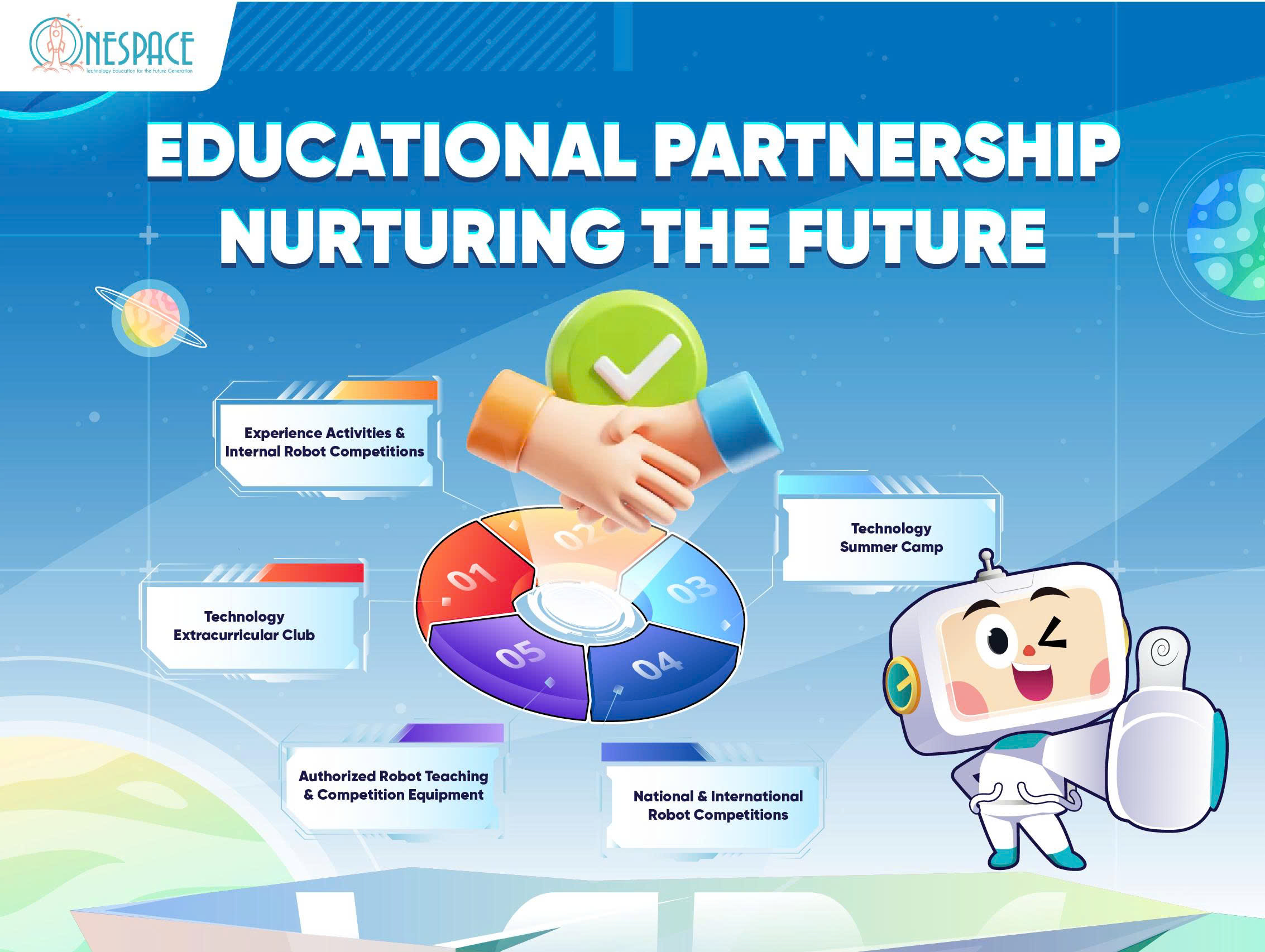In today’s digital era—where artificial intelligence, robotics, and technology shape every corner of life—children need more than academic knowledge. They need to think critically, logically, and creatively.
Among the essential 21st-century skills, Computational Thinking stands out as one of the most important foundations, helping children solve problems scientifically, creatively, and confidently.
1. What is Computational Thinking?
Computational Thinking is a logical and systematic way of approaching problems, similar to how computers process information.
But here’s the key: it’s not just for programmers or engineers—it’s a thinking skill that everyone can and should develop, especially young learners.
Instead of viewing a challenge as one big, confusing block, children learn to break it down, identify patterns, filter out unnecessary details, and organize a clear step-by-step process to reach an effective solution.
Computational Thinking teaches us to “think like a computer”—not to become robotic, but to develop a structured, flexible, and efficient mindset for all areas of life.
For example, when facing a difficult math problem, a child might ask:
- “Can I break this problem into smaller parts?”
- “Have I seen a similar pattern before?”
- “What’s the main idea I should focus on?”
- “How can I write down the steps clearly?”
Those simple questions are the starting point of Computational Thinking—a foundation that strengthens every aspect of learning and reasoning.
2. The Four Core Steps of Computational Thinking
- Decomposition – Breaking Down the Problem
Large problems can feel overwhelming, but when broken into smaller, manageable parts, they become easier to handle.
For example, when designing a Scratch game, children can divide the task into: creating characters, coding movement, adding sound, and setting up the game rules. - Pattern Recognition – Finding Commonalities
Recognizing patterns or similarities between problems helps children apply previous experiences to new situations, making problem-solving faster and more effective. - Abstraction – Focusing on the Essentials
Not every detail matters. Abstraction teaches children to ignore distractions and focus on the core of the problem, building strategic thinking skills valuable in both school and life. - Algorithm Design – Creating Step-by-Step Solutions
After understanding the problem, children learn to organize their ideas into clear, logical steps—a skill that fosters discipline, independence, and efficiency.
3. Why Should Children Learn Computational Thinking from Primary School?
3.1 Building Problem-Solving Skills Early
During primary school, children’s brains are highly active in developing logical and analytical abilities. Learning Computational Thinking early helps them analyze, question, organize, and process information, rather than memorizing blindly.
This habit allows children not only to perform better academically but also to handle challenges independently in everyday life.
3.2 Developing Logic and Creativity Together
Computational Thinking doesn’t limit creativity—it encourages experimentation, failure, correction, and innovation.
Through trial and error, children learn that mistakes are part of learning, and that every idea can evolve into something new and exciting.
3.3 Preparing for a Digital Future
Tomorrow’s world is powered by technology. Every field—from healthcare and finance to art and design—is being transformed by coding, robotics, and AI.
Computational Thinking is the root of future skills like programming, STEM, and computer science.
If knowledge is the “branches of a tree,” then thinking skills are the “roots” that keep it strong and growing.
3.4 Fun, Practical, and Easy to Learn
Unlike the stereotype that coding is difficult, primary students can easily learn Computational Thinking through games, robots, and visual coding activities.
In courses like Scratch or CodeCombat, children learn through play—coding colorful characters, animations, and fun challenges that naturally teach logic and creativity.
Learning becomes joyful, engaging, and effective.
4. OneSpace – Nurturing the Next Generation of Young Innovators
With the mission to “inspire technology learning and foster creative thinking for Vietnam’s youth,”
OneSpace has built a modern learning environment where children learn by doing, explore through projects, and grow with technology.
4.1 Programming Courses:
- SCRATCH: Visual block-based programming – simple, intuitive, and perfect for beginners.
- CODECOMBAT: Learn Python through exciting game adventures that build logic naturally.
- PYTHON: Explore one of the world’s most popular programming languages through real-world projects.
- ROBLOX: Create and code your own 3D worlds—where imagination meets technology.
- WEB DEVELOPMENT: Learn the basics of web creation and understand how the Internet works.
- MIT APP INVENTOR: Design mobile apps from scratch, turning ideas into real applications.
4.2 Artificial Intelligence (AI) Courses:
- AI HACKSTACK: Discover how AI works and how it’s used in real life.
- GENERATIVE AI: Experiment with creative AI tools to generate images, text, and ideas.
4.3 3D Design Courses:
- 3D DESIGN THINKING: Build creativity and design skills by modeling 3D projects from imagination.
At OneSpace, children don’t just learn to code—they learn to think, to create, and to lead.
Our modern teaching approach, passionate instructors, and constantly updated curriculum make every class a joyful and inspiring exploration of technology.
5. Building a Strong Foundation for the Digital Future
In a world that evolves at lightning speed, Computational Thinking is no longer optional—it’s essential.
Children who can think logically, analyze effectively, and create solutions independently will not only adapt to change but shape it.
Learning technology isn’t just about becoming a programmer.
It’s about understanding the world, expressing ideas, and creating value through innovation.
Let your child begin their journey to explore the world of technology,
develop Computational Thinking, and build a solid foundation for a confident, digital future.
👉 Register for a free technology trial class at OneSpace today!




